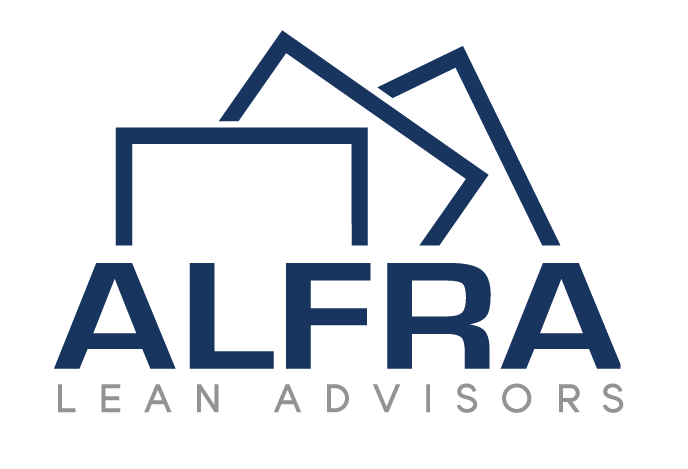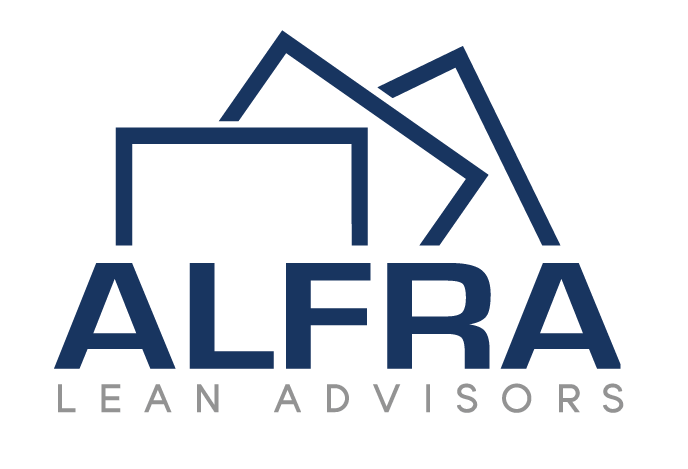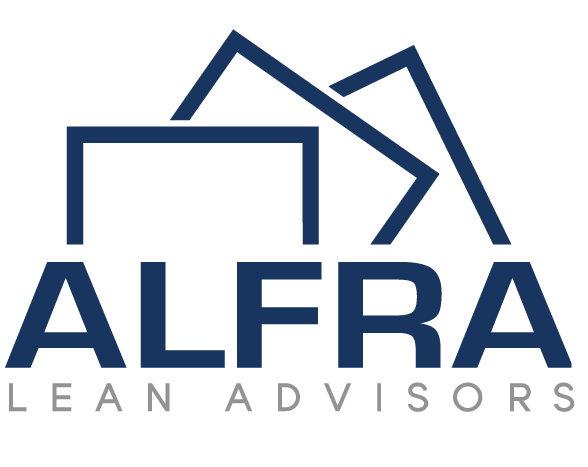LEAN MANAGEMENT TRAINING
Achieve high performance in Quality, Delivery, Cost through a Kaizen Culture.
Why Lean Management
The Lean management system (founded on the Toyota Production System) is a management philosophy which shortens the time between the customer order and the product shipment by eliminating all inefficiencies (sources of waste).
This it is ultimately reflected in terms of quality, delivery, cost and greater team morale, making a company capable to overcome bigger challenges and their competitors.
Developing a Lean Culture provides a competitive advantage in terms of innovation (improve the current state) and adaptability (reaction to problems and market changes).
Key Benefits of Lean Management
“Identify with Value Stream Mapping the main opportunities to achieve an overall improvement”
“Execute and manage Kaizen cycles to improve quality, cost, delivery and safety”
“Establish Lean production methods and teams to achieve sustainable high performance“
Training Activities
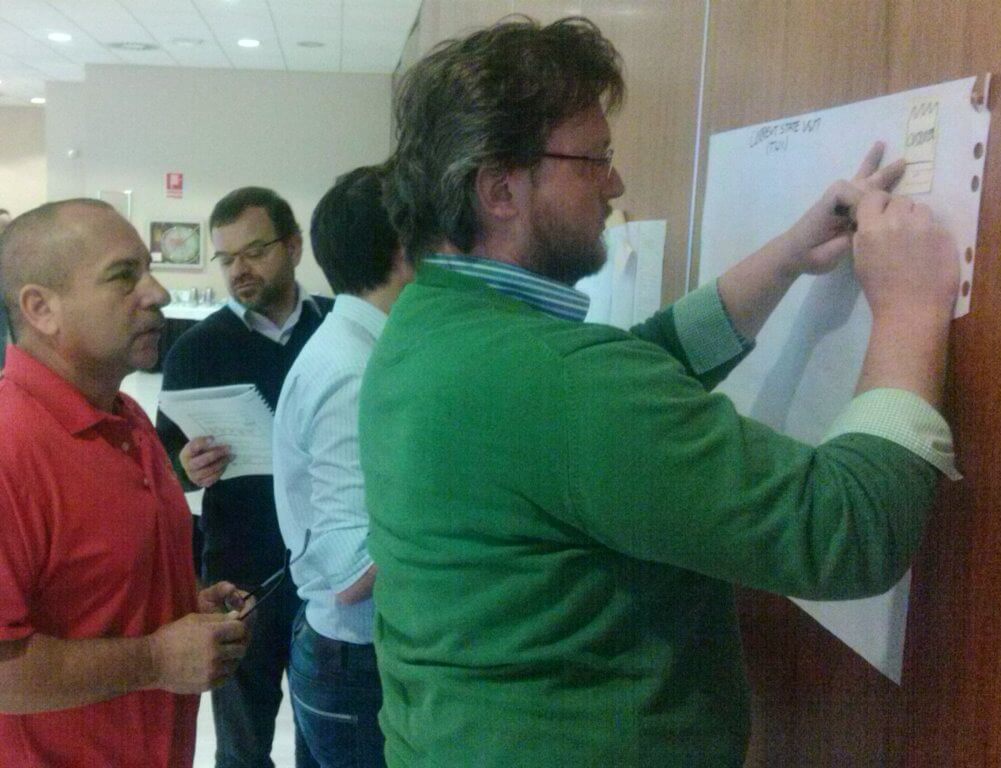
Value Stream Mapping Cases
Identify & solve the main opportunities from your process
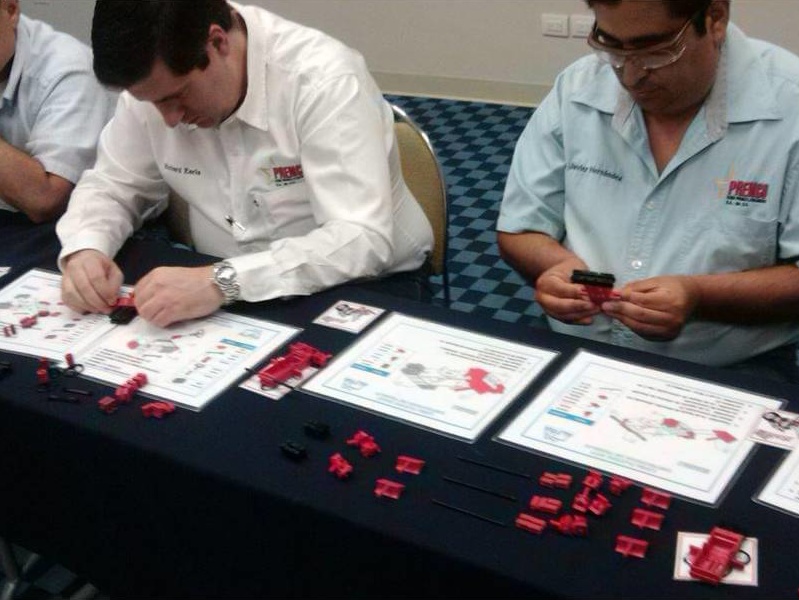
Kaizen Simulator
Work with 5S, Visual Management & Standard work
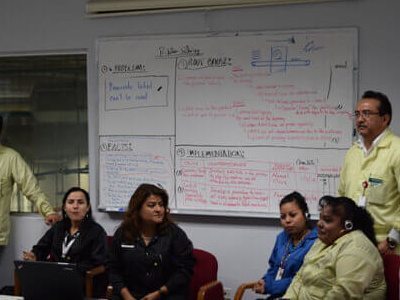
Problem Solving Exercises
Team based activities to develop lean skills
Training length: 24 hours (3days)
Who should attend?
Manufacturing Companies: Automotive, Electrical/Electronic, Pharmaceutical, Food & Beverages, Printing, Plastics, among others.
Recommended industries:
-
-
Operations and Support departments Managers, Manufacturing, Quality & Engineering Middle levels, Lean Practitioners.
-
- Enable teamwork using common objectives .
- Learn how to visualize the performance of the process and the direction of improvement.
- Eliminate incomplete & inaccurate information to improve speed and quality.
- Identify the activities that break the workflow (waste) across functions.
- Learn how to make small and continuous steps towards a better condition.
TRAINING AGENDA: BODY OF KNOWLEDGE
- Manufacturing back ground & Toyota Production System
- Value definition for the complete enterprise
- 8 wastes for Manufacturing and transactional processes
- Differences between Push and Pull Systems
- Value Analysis concepts
- 5S phases explanation, implementation examples and templates
- Visual Management for effective decision making
- Standard Work explanation and implementation examples
Lean Metrics for manufacturing and transactional processes
Value analysis and activities classification
Yamazumi, SIPOC & Spaghetti Charts
T-Capital & H-power VSM cases
Transactional process VSM case
One Piece Flow and Small Batch approaches
Explanation and examples for the Pull Systems: Supermarket and Sequential Pulls
Types of Kanban systems (supplier and manufacturing) and implementation requirements
Heijunka and Production Leveling introduction
Principles and benefits of SMED
Current State VSM Analysis
Improvement ideas and development of the Future State VSM
Requirements to achieve Future State (Process and Enterprise level)
Projects selection and Work plan (kaizen newspaper)
Lean Leaders as Teachers and Coaches of Continuous Improvement.
PARTICIPANTS OPINION
Companies working with us in Lean:
Reasons to work with us
Do you want to go further? we can answer any question
CONTACT US
Lean Management, Management Training, Lean Management Training, Toyota Production System, Lean Training, Toyota Production System, Productie tip Lean, Kaizen training, Lean Manufacturing Training, 5s,VSM, Kanban, Supermarket, Karakuri, Jidoka, TPS
